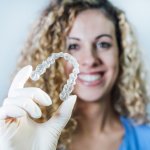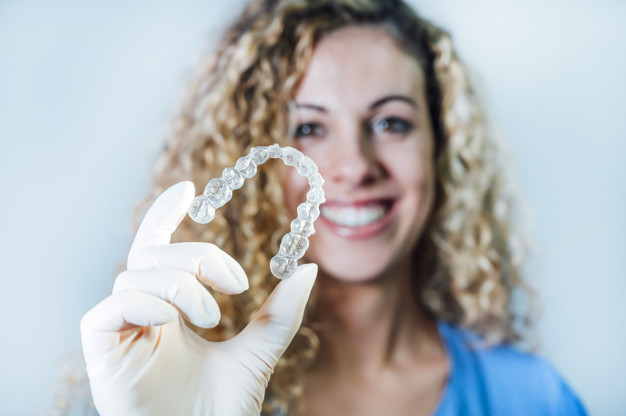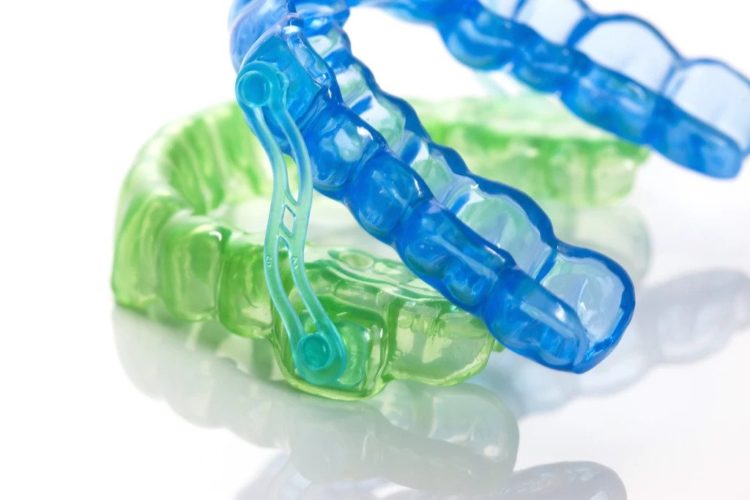
Knowing how to prevent injuries is important if you participate in organized sports or other recreational activities. When it comes to protecting your mouth, a mouthguard is an essential piece of athletic gear that should be part of an athlete’s standard equipment from an early age. In fact, an athlete is 60 times more likely to suffer harm to the teeth when not wearing a mouthguard. Mouthguards help buffer an impact or blow that otherwise could cause broken teeth, jaw injuries or cuts to the lip, tongue or face. Mouthguards also may reduce the rate and severity of concussions. Mouthguards are used most commonly in contact sports, such as boxing, football, hockey and lacrosse, but findings show that even in noncontact sports like basketball, gymnastics or skateboarding, mouthguards help prevent mouth and jaw injuries. There are three types of mouthguards: the readymade, or stock, mouthguard; the mouth-formed “boil-and-bite” mouthguard; and the custom mouthguard made by a dentist.
Choose a mouthguard that:
- is resilient and tear-resistant;
- fits properly and is comfortable;
- is easy to clean;
- does not restrict speech or breathing
GET THE MOST FROM A MOUTHGUARD
- To get the best service from a mouthguard, you should not wear removable appliances, such as retainers, with a mouthguard;
- wear a custom-fitted mouthguard if you wear braces or have a protruding jaw, receding chin or cleft palate;
- not chew on or cut pieces off your mouthguard;
- wear the mouthguard during practice sessions as well as during games;
- schedule regular dental check-ups and visit your dentist before each playing season;
- bring your mouthguard to each dental visit.





